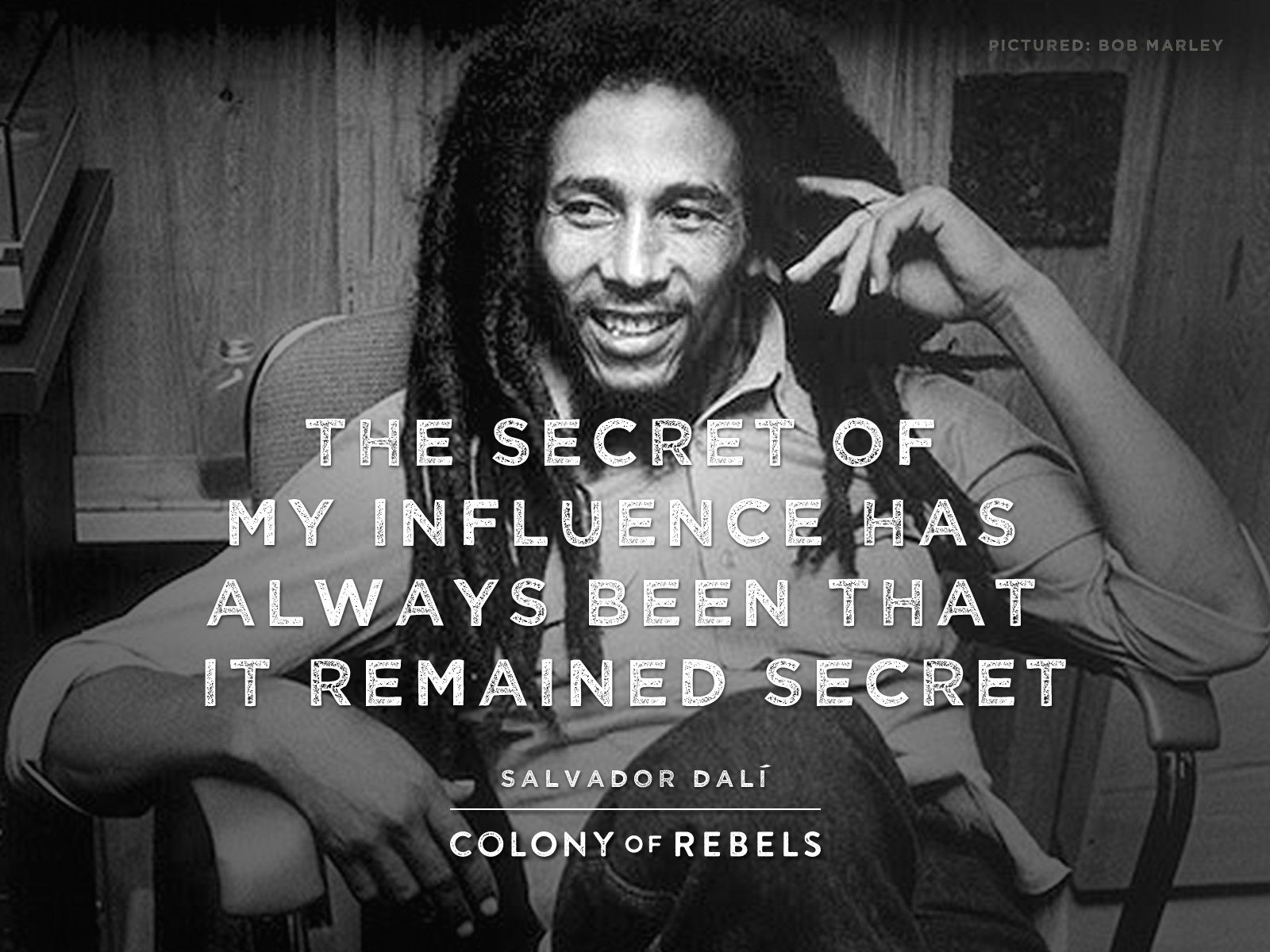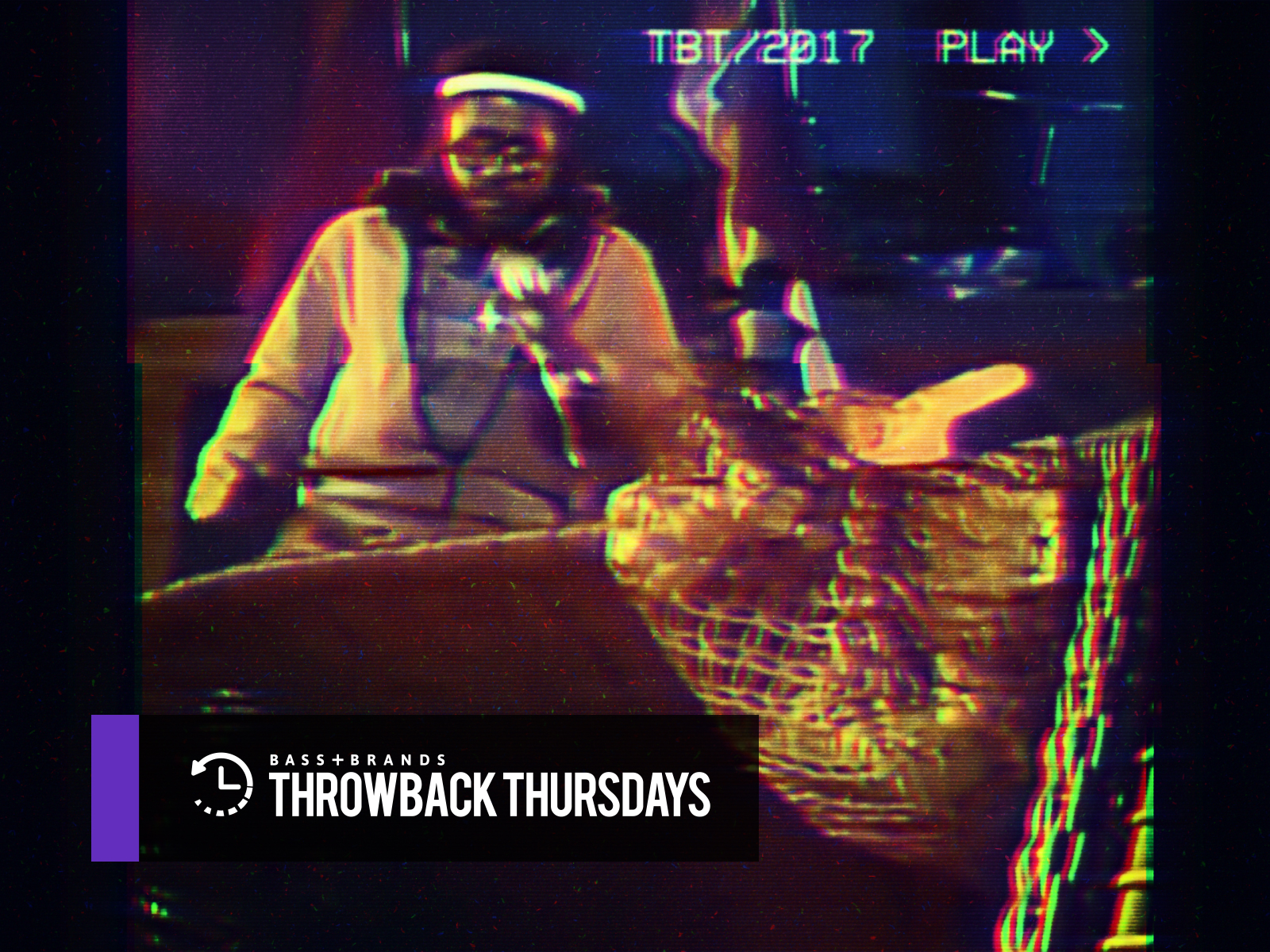 Throwback Thursday: Peter Tosh
Throwback Thursday: Peter Tosh
Affectionately known as Stepping Razor, Peter Tosh is one of the founding members of the legendary reggae band, The Wailers. He was a self-taught instrumentalist who had a career that spanned over two (2) decades. Although his life was cut short, Peter Tosh’s memory and legacy have continued on since his passing in 1987. Let’s take a look at the journey of this amazing musician.
The Roots
Born on October 19 1944, Winston Hubert McIntosh didn’t have it easy. He was shuffled between his relatives after both parents abandoned him. At the age of fifteen (15), McIntosh moved to the Trenchtown neighborhood in Kingston, Jamaica. This move came as a result of the passing of his aunt. McIntosh was captivated by a man in the country playing a song. So much so that he listened for the better part of a day before playing the song back to the man on a guitar. This was the first time McIntosh played the guitar and he credited the country man for “teaching” him so much.
In the early 1960s, McIntosh met Robert Nesta Marley and Neville O’Reilly Livingston, known as Bob Marley and Bunny Wailer. The trio went to Joe Higgs, a vocal teacher, who offered free vocal lessons to them in the hopes of creating a band. It was in 1962 that McIntosh changed his name to Peter Tosh and began performing with Bob Marley and Bunny Wailer on the street corners of Trenchtown.
The Vibe
By 1964, Tosh helped organize the Wailing Wailers. The band also consisted of Junior Braithwaite, a falsetto singer, and backup singers Beverley Kelso and Cherry Smith. But Tosh was a critical member of the band as he was the only one at the time who could play musical instruments. Tosh’s inclusion in the band inspired other members to learn to play as well. The Wailing Wailers released “Simmer Down” as their first single. It was a major ska hit record.
Tosh was a promoter of the Rastafari faith. He rejoined with original band members Marley and Wailer in 1967 as all three (3) members were now Rastafarians. Shortly after the band became known as The Wailers. Tosh explains the name as “to wail means to express one’s feelings vocally”. The band eventually rejected the up-tempo dance of ska. Instead, they decided to slow their music to a rocksteady pace and penned lyrics that were politically and socially inspired by their spirituality and faith.
The band connected with producer Lee Perry and recorded some of the earliest hit singles namely “Soul Rebel”, “Duppy Conqueror”, and “Small Axe”. This was the birth of reggae music!!! In 1970, the Wailers added two (2) new members: bassist, Aston “Family Man” Barrett and his brother, drummer Carlton Barrett. By 1973, the band released their debut album, “Catch a Fire” after signing with Island Records. Then followed up with a second album in 1973 entitled “Burnin’.”
The Impact
In 1974, Tosh left the Wailers and kicked off his solo career in 1976, when he released his debut solo album entitled “Legalize It”. The title track was banned in Jamaica but attempts to suppress the song failed. Those efforts only helped to fuel Tosh’s international recognition and fame.
By 1978, Tosh was introduced to a larger audience after the release of his third studio album, Bush Doctor on the Rolling Stones’ record label. Mick Jagger was featured on the album in a duet cover of the Temptations song, “Don’t Look Back”. This made Tosh become one of the best-known reggae artists.
Peter Tosh’s legacy is all about the music and the role of marijuana and its medicinal and spiritual healing benefits. While we cannot begin to imagine what life would have been like if Tosh was never slain in 1987. What we can and will do is continue to listen to his music and be reminded that the messages of the past can still inspire change in the present and future.
Link Up Peter Tosh Music
MOST POPULAR
Sorry. No data so far.
COLONY OF REBELS

RECENT POSTS
- Today’s NEW MUSIC features “Dem Nuh Like We” by Danakil ft. Ondubground & Omar Perry.
- Today’s NEW MUSIC features “RAS ALULA” by iC.H.A.D
- Today’s NEW MUSIC features “Faded Away” by Kabaka Pyramid ft. Buju Banton.
- Today’s NEW MUSIC features “Courage” by Blacko.
- Today’s NEW MUSIC features “Roll” by Julian Marley.
CATEGORIES
- 12 PACK (650)
- 6 PACK (31)
- AROUND THE MILL (11)
- BASS + BRANDS (2)
- DRIVEN BY THE MUSIC PODCAST (5)
- DRIVEN REWIND (11)
- DRIVEN SETLIST (4)
- LIST + GUIDES (7)
- LOYAL TO MUSIC (2)
- NEW MUSIC DAILY (243)
- NOW PLAYING (1)
- ONE DROP (208)
- PLAYLISTS (15)
- PODCASTS (1)
- REGGAE IN 60 – WEEKLY NEWS (3)
- SOUNDCHECK (76)
- THE VAULT (25)
- THROWBACK THURSDAY (56)
- UNATTACHED (5)
- VIBING TO (45)
 Blog
Blog

 ONE DROP: “Everybody Feeling Something” Marlon Roudette feat. K Stewart (ST VINCENT / UK)
ONE DROP: “Everybody Feeling Something” Marlon Roudette feat. K Stewart (ST VINCENT / UK)
 12 PACK: Common Kings (Hawaii, Samoa, Fiji, and Tonga)
12 PACK: Common Kings (Hawaii, Samoa, Fiji, and Tonga)
LATEST COMMENTS